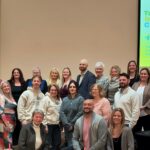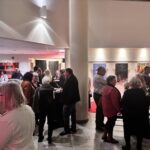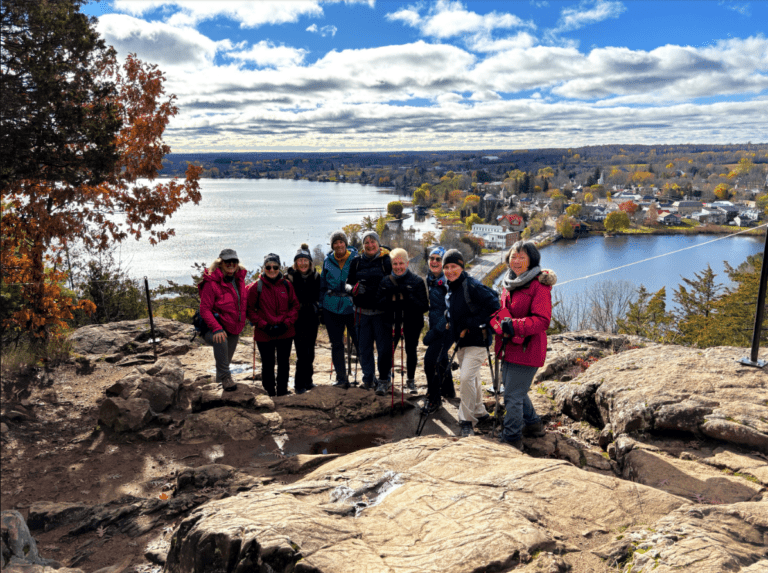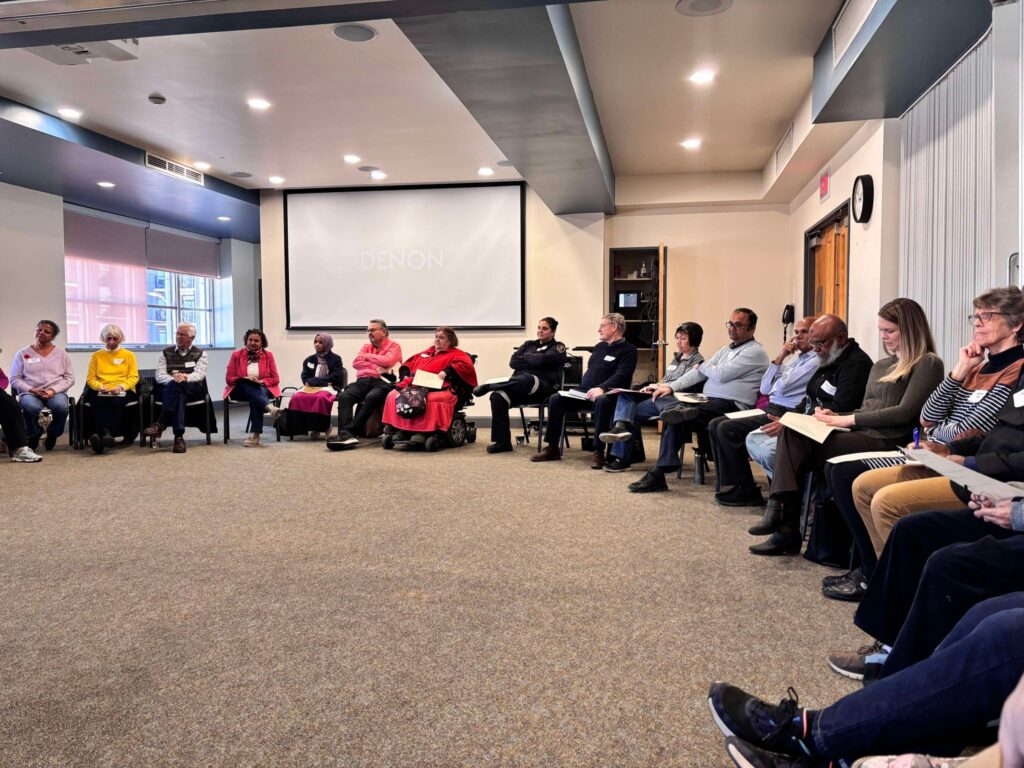
Today, I had the opportunity to attend a public discussion at the Cornwall Library titled Civil Conversations for a Healthy Democracy. The event, organized by the Cornwall Interfaith Partnership and moderated by Senator Bernadette Clement, alongside John Towndrow, brought together a diverse group of about 45 people, all eager to explore the art of respectful dialogue in an increasingly polarized world.
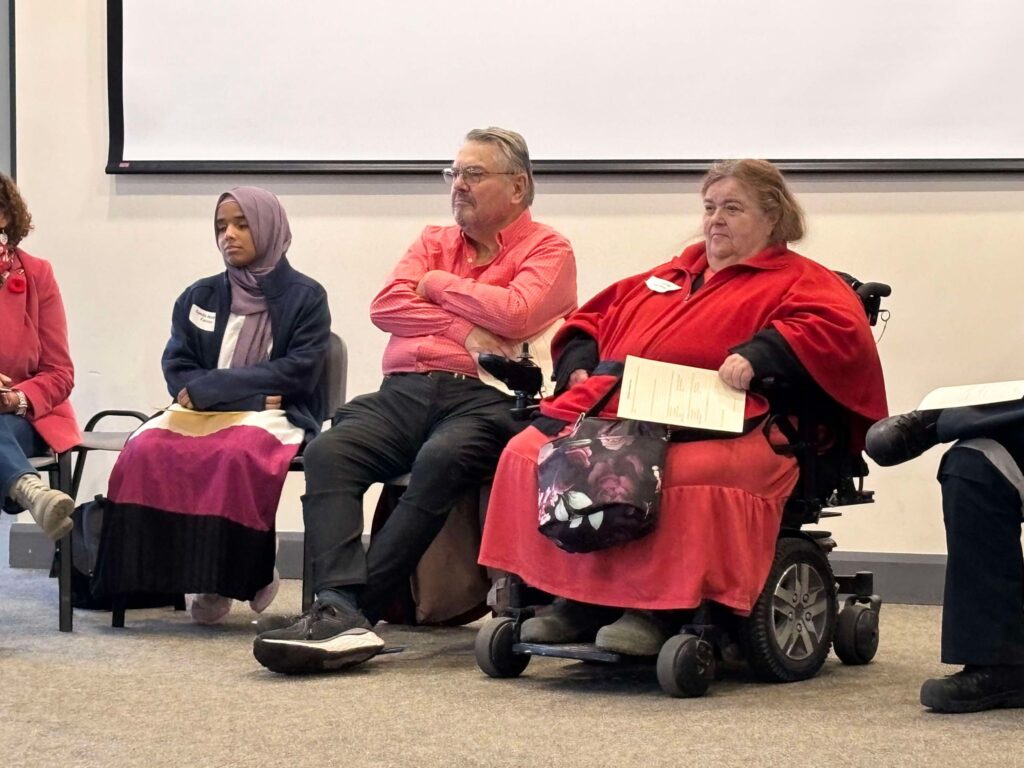
The session began with the screening of a thought-provoking video that set the tone for the discussions. From there, every individual had a chance to answer the following key questions:
- What do people consider to be the guidelines of a civil conversation?
This sparked a fascinating exchange of ideas. Many participants emphasized the importance of active listening, open-mindedness, and empathy. The notion that civil conversations require a mutual respect for differing viewpoints was a recurring theme. Some even suggested establishing ground rules, such as refraining from personal attacks and focusing on issues rather than individuals. - How should we deal with people who are not civil?
This question led to some of the most passionate exchanges of the day. Some attendees advocated for disengagement, noting that walking away can be a powerful statement when faced with hostility. Others felt that persistence and patience might eventually break through barriers, transforming an uncivil encounter into a productive dialogue. Senator Clement highlighted the importance of maintaining one’s composure and leading by example, even in the face of incivility. - Is our current system of government at odds with civil conversation, or does it support it?
Opinions were split. Some felt that the adversarial nature of our political system fosters division, making civil discourse difficult. Others argued that democracy, at its core, thrives on dialogue and debate, and it’s up to citizens and leaders alike to ensure these exchanges remain respectful. The role of media and social platforms in shaping public discourse also came under scrutiny.
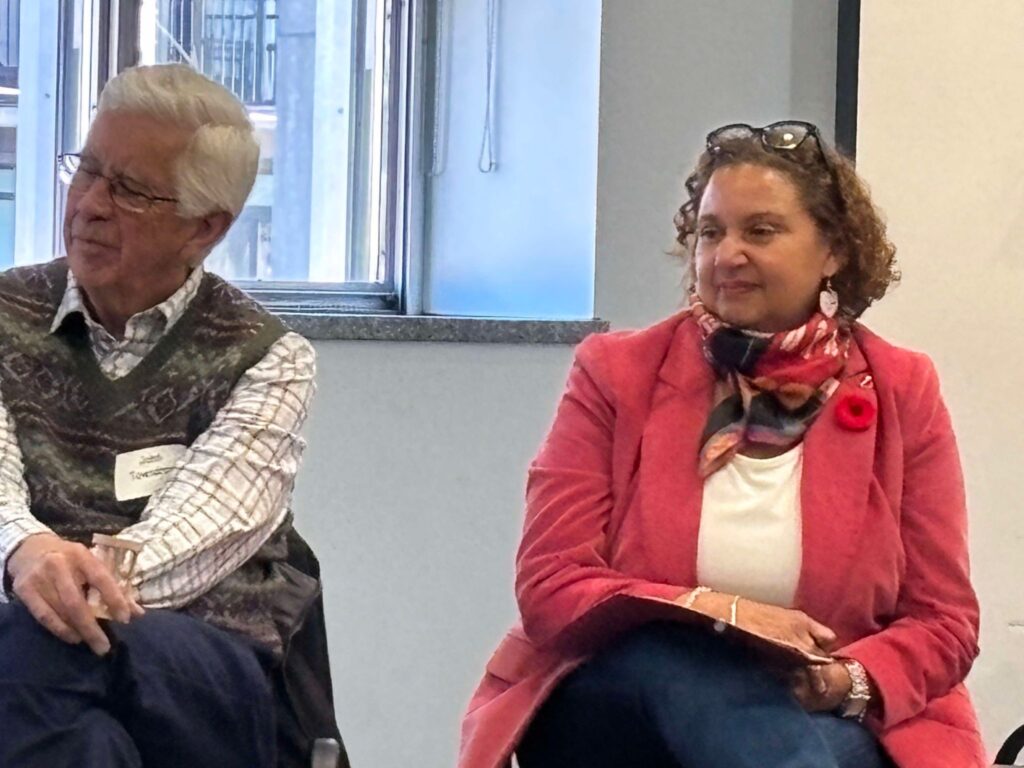
By the end of the event, it was clear that while challenges exist, there is also a collective willingness to strive for more constructive and civil dialogues in our personal and public lives.
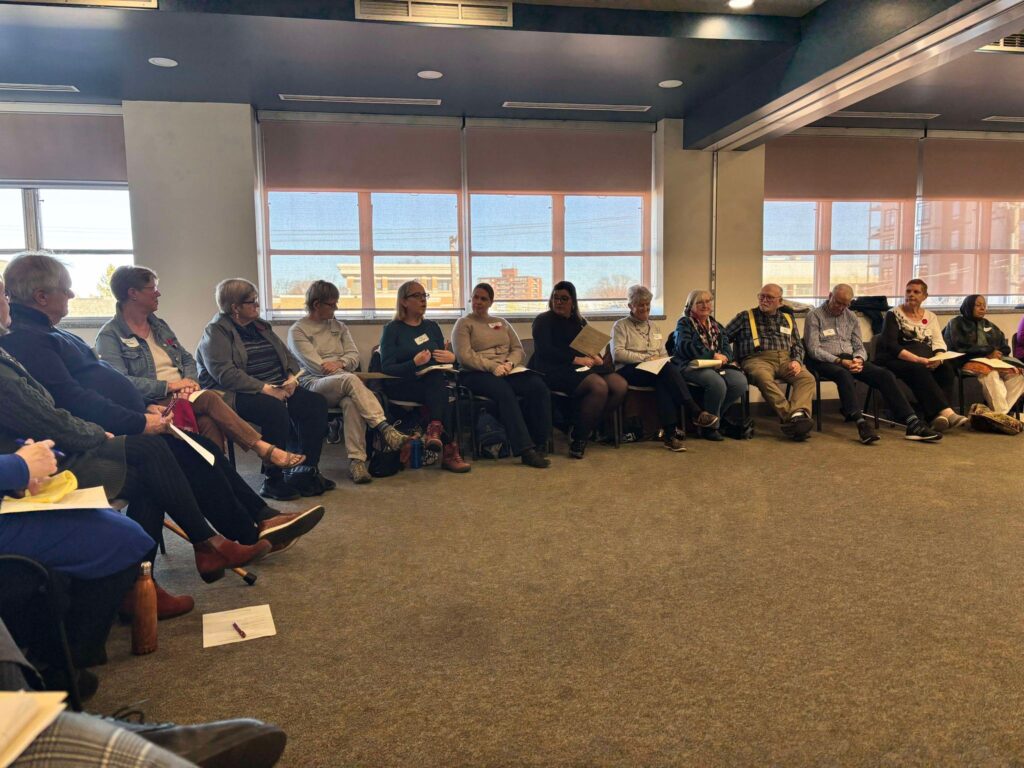
Events like these remind us that democracy is not just about casting a vote. It’s about engaging in conversations that bridge divides. If we want a healthier democracy, we must start by cultivating a culture where everyone feels heard and respected.


